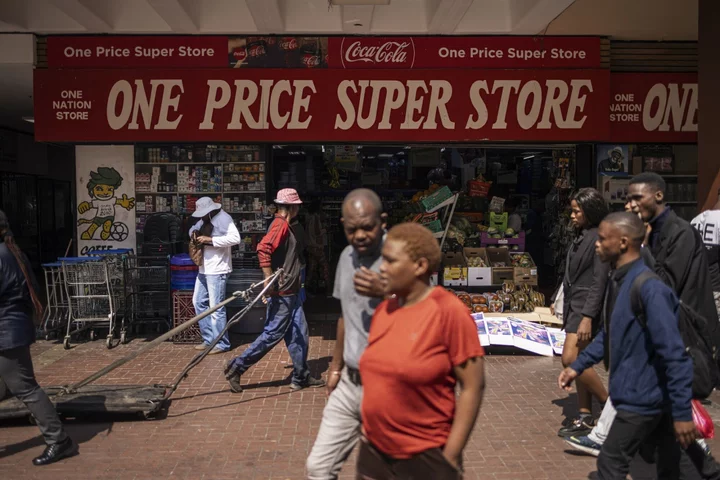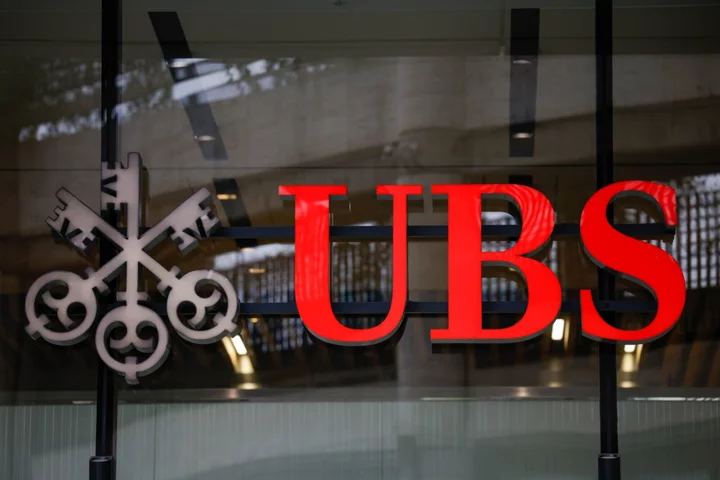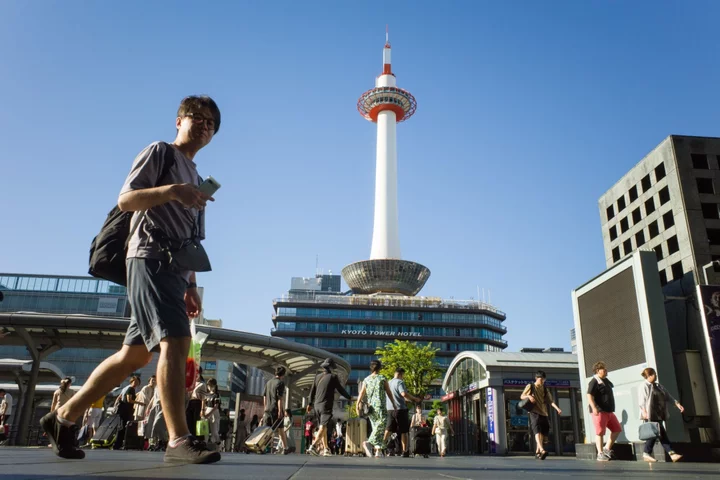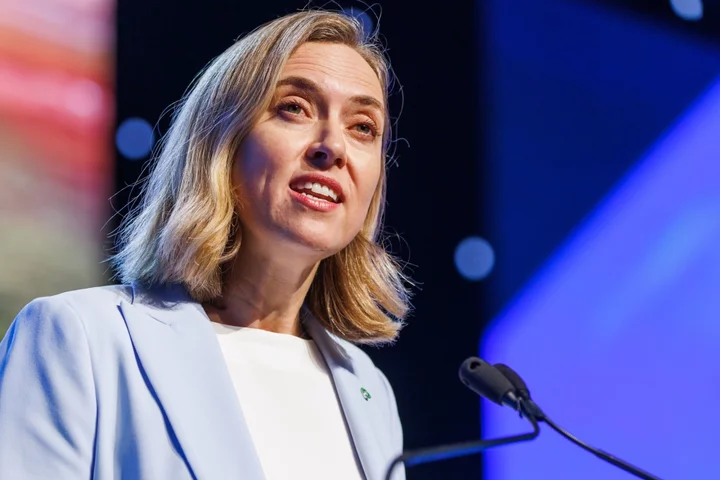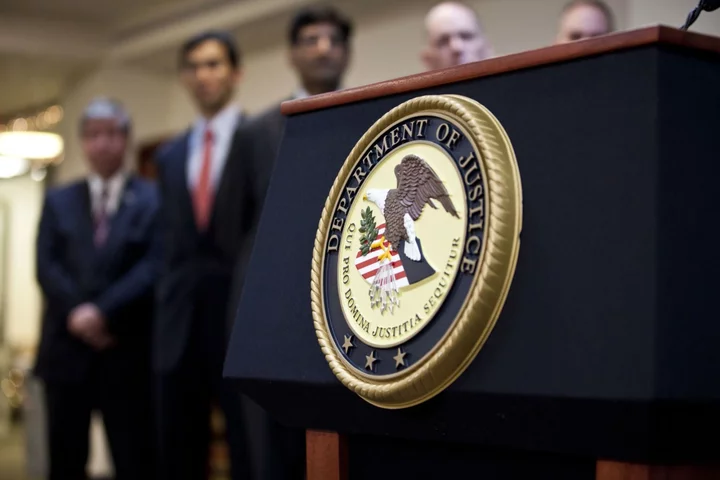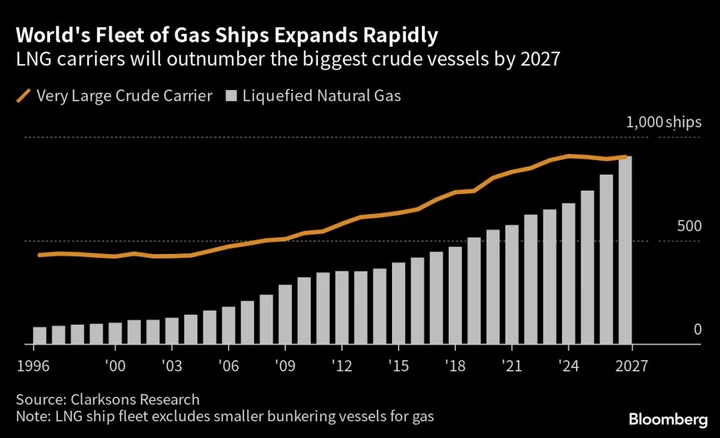South Africa might not secure a quick exit from the global financial watchdog’s dirty money list by 2025 because its reforms are moving too slowly.
“At the pace that we are moving at, it’s unlikely that we are going to be able to get off that gray-list come review time in 2025,” said Mary Vilakazi, the incoming chief executive officer at FirstRand Ltd., the biggest bank in Africa by market value.
The Paris-based Financial Action Task Force placed South Africa on its watchlist in February, citing deficiencies in tackling illicit financial flows and terrorism financing. It gave the country until Jan. 31, 2025, to address the shortcomings.
South Africa’s inclusion in the gray list followed an era of endemic government corruption — referred to locally as state capture — under former President Jacob Zuma. His successor Cyril Ramaphosa estimates the graft cost the economy at least 500 billion rand ($25.6 billion).
The country’s economic outlook has been subdued, weighed down by record power cuts and logistical constraints that are limiting business activity and cutting into company revenues.
“As a country, these are issues that we need to prioritize, and if you look at the pressure at the moment, just globally on growth and financial flows, for a country that is struggling with growth, it would be good to have less own goals,” Vilakazi said.
While the FATF’s decision hasn’t had an immediate impact on South Africa’s credit ratings, missing the 2025 deadline may damage investor sentiment, leading to capital and currency outflows.
Some of the measures South Africa must take to exit the gray list include strengthening investigations and prosecutions, and ensuring the authorities have timely access to accurate and up-to-date beneficial ownership information. The National Treasury is leading engagements with various stakeholders including the central bank and regulators to implement the necessary changes. Finance Minister Enoch Godongwana has previously said the country could exit the list by mid-2024.
“What needs to get done for South Africa to get off the list is a lot,” Vilakazi said, adding that unless it’s declared a priority and there’s “proper political will” like that shown in countries such as Botswana and Mauritius, South Africa will not be able to meet the 2025 deadline.
FirstRand appointed Vilakazi its first black female chief executive officer to take over from Alan Pullinger effective April 1.

